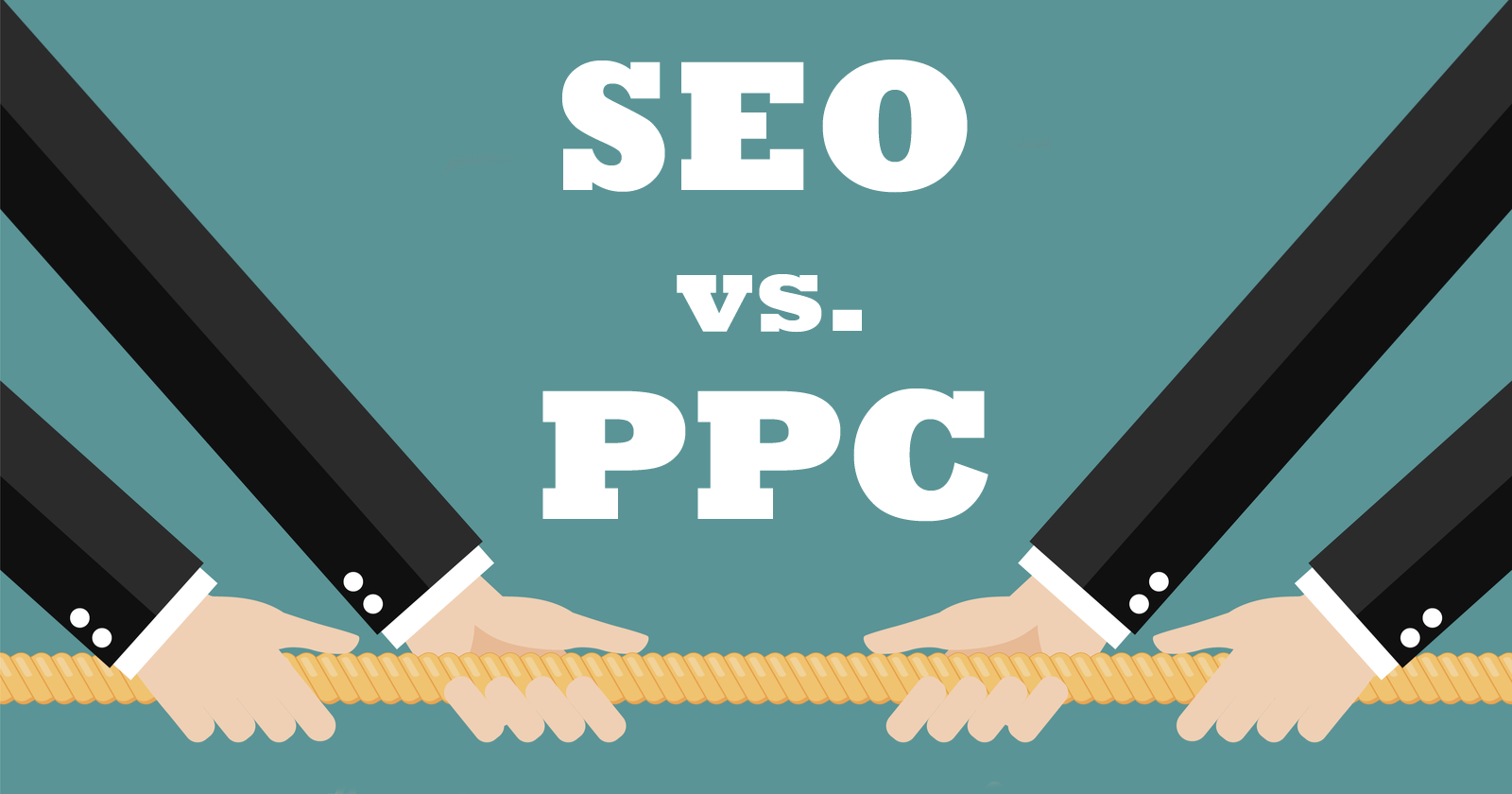SEO vs. PPC: Which One Will Give You More Bang for Your Buck?

One Will Give You More Bang for Your Buck
In this article, we will compare SEO vs. PPC and help you decide which one will give you more bang for your buck. In today’s world of digital marketing, businesses have numerous tools at their disposal to help them grow and succeed. Two of the most popular options are search engine optimization (SEO) and pay-per-click (PPC) advertising. Both approaches can help drive traffic to your website and increase your online visibility, but which one is right for your business?
What is SEO?
SEO is a digital marketing strategy that aims to improve the visibility of your website on search engines like Google, Bing, and Yahoo. The goal of SEO is to rank your website as high as possible in search engine results pages (SERPs) for specific keywords and phrases relevant to your business. The higher your website ranks, the more likely people are to click on it and visit your site.
SEO can be divided into two main categories: on-page and off-page SEO. On-page SEO includes optimizing your website’s content, structure, and HTML code, while off-page SEO involves building high-quality backlinks to your website from other sites on the internet.
What is PPC?
PPC is a form of online advertising where advertisers pay each time someone clicks on one of their ads. PPC ads are usually displayed on search engines, social media platforms, and other websites. Advertisers bid on specific keywords and phrases, and their ads are displayed to users who search for those keywords or visit websites related to the keywords.
One of the most popular forms of PPC advertising is Google Ads. With Google Ads, advertisers create text or display ads that appear at the top of search engine results pages or on relevant websites. Advertisers only pay when someone clicks on their ad, hence the name pay-per-click.
SEO vs. PPC: The Pros and Cons
Now that we have a basic understanding of what SEO and PPC are, let’s take a closer look at the pros and cons of each strategy.
Pros of SEO:
- Cost-effective in the long run: While SEO may require an initial investment, the long-term benefits of improved search engine rankings can outweigh the costs.
- More sustainable traffic: SEO can help you generate more sustainable traffic in the long run, as your website will continue to rank for relevant keywords even if you stop actively optimizing it.
- Higher click-through rates: Organic search results often have higher click-through rates than paid search results, as users trust organic results more.
- Builds trust and credibility: A higher ranking in organic search results can help build trust and credibility with potential customers.
Cons of SEO:
- Takes time: SEO is a long-term strategy, and it can take months or even years to see significant results.
- Constantly changing: Search engine algorithms are constantly changing, so you need to stay up to date with the latest SEO best practices to stay ahead of the competition.
- Requires ongoing effort: SEO is not a one-time effort. You need to continually optimize your website and create high-quality content to maintain your rankings.
Pros of PPC:
- Immediate results: PPC can generate immediate traffic and results, making it an ideal strategy for businesses looking for a quick boost.
- Targeted advertising: PPC allows you to target specific keywords and demographics, ensuring that your ads are seen by the right people.
- Flexible budget: With PPC, you can set your own budget and adjust it as needed, making it a cost-effective option for businesses of all sizes.
- Easy to measure: PPC advertising provides detailed analytics and reporting, allowing you to track your ROI and adjust your strategy accordingly.
Cons of PPC:
Competitive keywords or running a large campaign.
- Can be costly: PPC advertising can be expensive, especially if you are targeting
- Click fraud: PPC ads can be subject to click fraud, where malicious users click on ads to drain your advertising budget without actually being interested in your product or service.
- Limited long-term benefits: PPC ads only generate traffic while the ad is running. Once the campaign ends, traffic can drop off quickly.
- Requires expertise: Running a successful PPC campaign requires knowledge and expertise in keyword research, ad creation, and campaign optimization.
SEO vs. PPC: Which One is Right for You?

So, which strategy is right for your business? The answer depends on a few factors, such as your budget, goals, and timeline.
If you’re looking for quick results and have a flexible budget, PPC may be the right choice for you. PPC allows you to generate immediate traffic and test different ad variations to see what works best. However, it can be expensive, and once your campaign ends, traffic can drop off quickly.
On the other hand, if you have a long-term mindset and want to build sustainable traffic, SEO may be the better choice. While it may take longer to see results, SEO can generate more organic traffic and build trust and credibility with potential customers.
Ideally, a combination of both SEO and PPC can be a powerful digital marketing strategy. You can use PPC to generate quick results while investing in SEO for long-term growth.
Read More:5 Techniques For Using Semantic SEO To Boost Rankings
Conclusion:
SEO and PPC are both effective digital marketing strategies that can help businesses drive traffic to their websites and increase their online visibility. Both strategies have their pros and cons, and the choice depends on your goals, budget, and timeline. Whether you choose SEO, PPC, or both, it’s important to invest in high-quality content and optimization to maximize your results and give you more bang for your buck.











